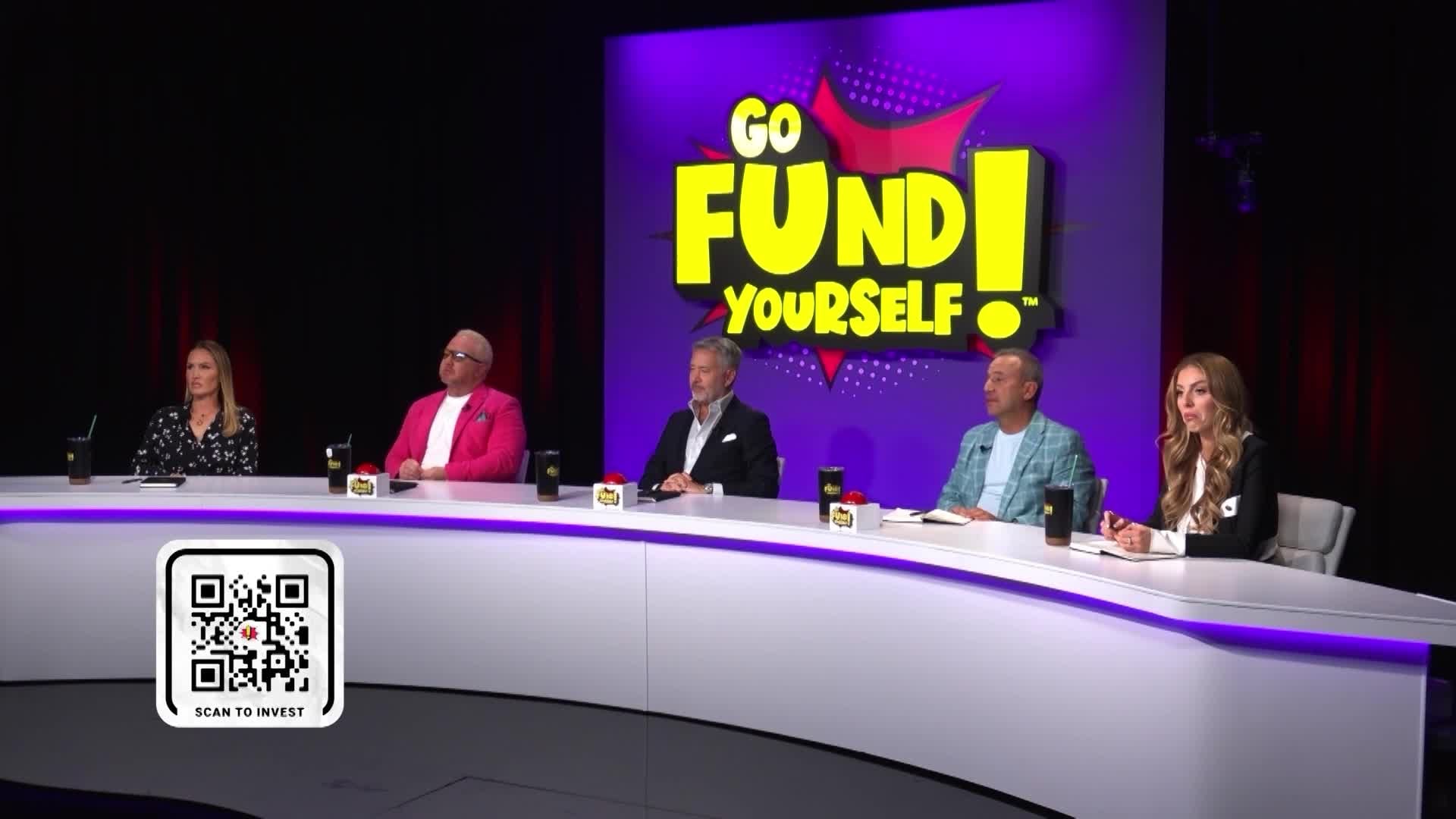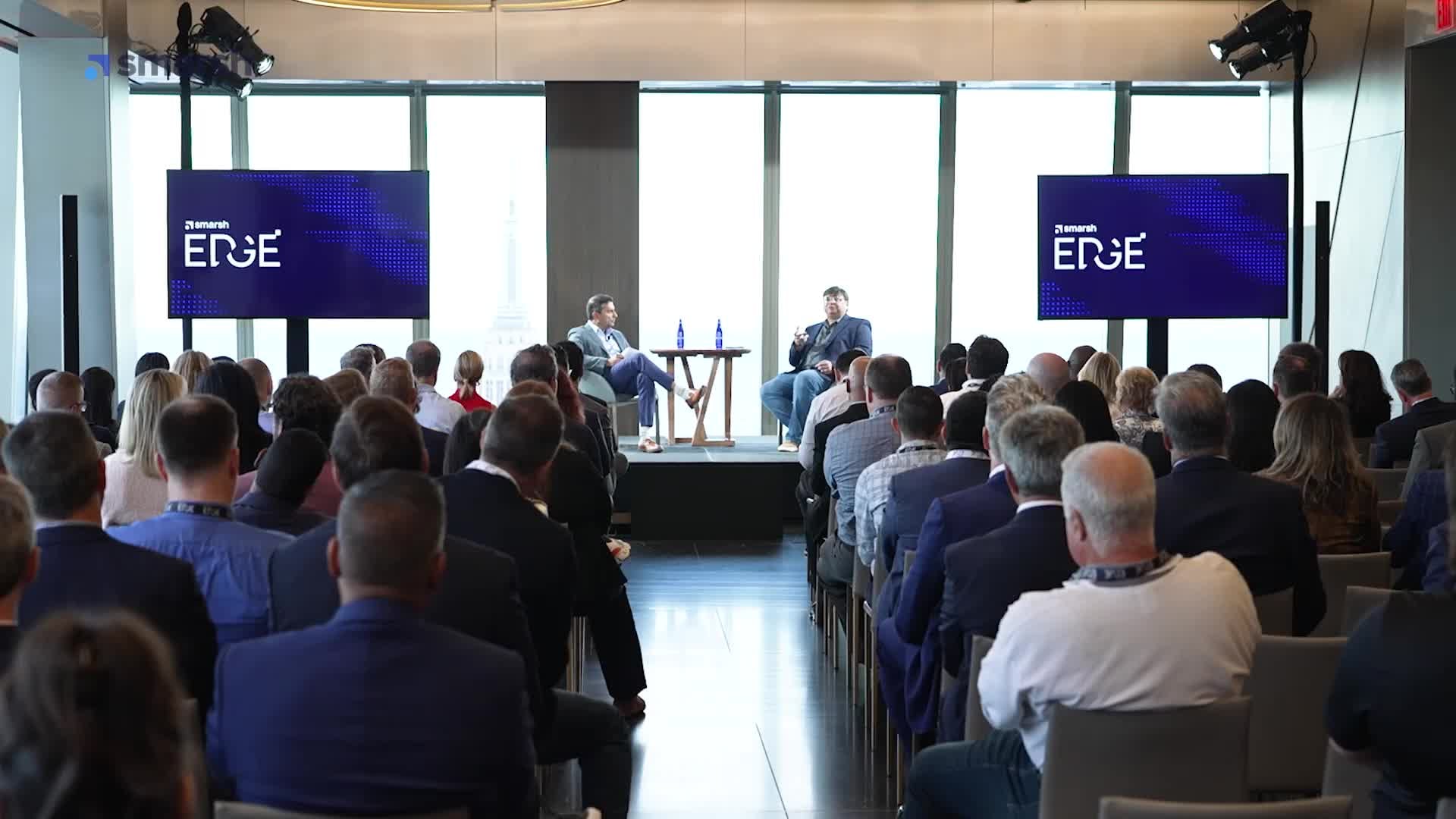By Stan Choe
Stocks are continuing to fall on Wall Street Thursday, part of another worldwide downdraft, as investors rethink earlier hopes for a relatively quick economic recovery from the coronavirus pandemic.
The S&P 500 was down 1.2% after the first 15 minutes of trading, following similar losses in Asia and even sharper drops in Europe. Treasury yields also fell in a sign of increased pessimism.
Wall Street is pulling back on earlier bets that the reopening of economies around the world can lead to a quick bounce back from the current, severe recession. Another possible flare-up in tensions between the world’s largest economies is also hitting markets, with comments from President Donald Trump about China further weighing on them Thursday.
The S&P 500’s losses were widespread, with 94% of the stocks in the index down, and the hardest hit were companies that most need a strong economy for their profits to grow. The S&P 500 is heading for its first three-day losing streak since panic began receding on Wall Street in March, which kicked off a big rally that topped 30% at one point.
The Dow Jones Industrial Average was down 289 points, or 1.2%, at 22,958, and the Nasdaq composite was down 1.1%.
Airline and cruise-operator stocks fell to the market’s biggest losses, with United Airlines down 11.3% and Norwegian Cruise Line down 9.4%.
Energy companies in the S&P 500 fell 3.8% for the largest loss among the 11 sectors that make up the index. Other areas of the market whose profits tend to be most closely tied to the strength of the economy were also particularly weak, with industrials down 3.2% and raw-material producers down 2.8%.
Before the recession hit, U.S. stocks quickly lost just over a third of their value as investors anticipated an avalanche of layoffs hitting the economy. Those fears have indeed turned true, and a report on Thursday showed that nearly 3 million U.S. workers filed for unemployment benefits. That brings the total to roughly 36 million in the two months since the pandemic caused widespread orders for people to stay at home and businesses to shut down.
But stocks began climbing in late March after massive amounts of aid promised by the Federal Reserve and Capitol Hill convinced markets that the worst-case scenario of a financial crisis wouldn’t be happening. Gains accelerated on hopes that the recession, while severe, could be relatively short and that the economy could resume its growth as shutdown orders lift.
Many professional investors have warned the rally was overdone, though, given how much uncertainty exists about how long the recession will last. On Wednesday, Federal Reserve Chair Jerome Powell warned this could become a prolonged downturn, while the top infections diseases expert in the U.S. said reopening the economy too quickly could backfire and lead to more deaths.
The yield on the 10-year Treasury fell to 0.60% from 0.64% late Wednesday. It tends to fall when investors are downgrading their expectations for the economy and inflation.
In Europe, France’s CAC 40 lost 2.9%, and Germany’s DAX lost 2.9%. The FTSE 100 in London fell 3.5%. In Asia, Japan’s Nikkei 225 lost 1.7%, the Hang Seng in Hong Kong dropped 1.4% and the Kospi in South Korea slipped 0.8%.
Stephen Innes, chief global strategist at AxiCorp, said markets were jittery after Powell's comments, which set off more worries about the risks of corporate failure in the U.S. and job losses.
“The roller coaster recovery continues to be the theme of the week,” Innes said, noting a second wave of COVID-19 infections could be ahead if lockdowns in any part of the world are eased too quickly.
Analysts say they expect the market to remain in a wait-and-see approach for weeks as investors gauge how economic reopenings underway are going. Investors want to see if second waves of coronavirus infections occur if governments lift their restrictions on businesses too soon.
A barrel of U.S. crude oil for delivery in June rose 2.7% to $25.97 per barrel. Brent crude, the international standard, added 3.1% to $30.08 per barrel.
___
AP Business Writer Yuri Kageyama contributed.













